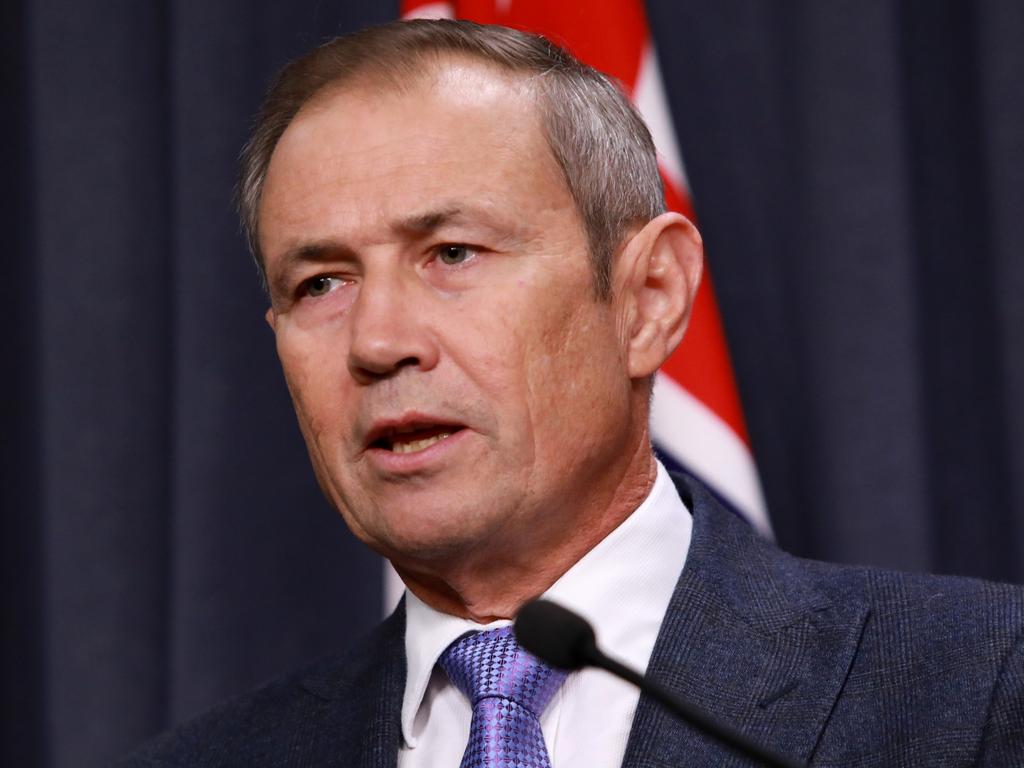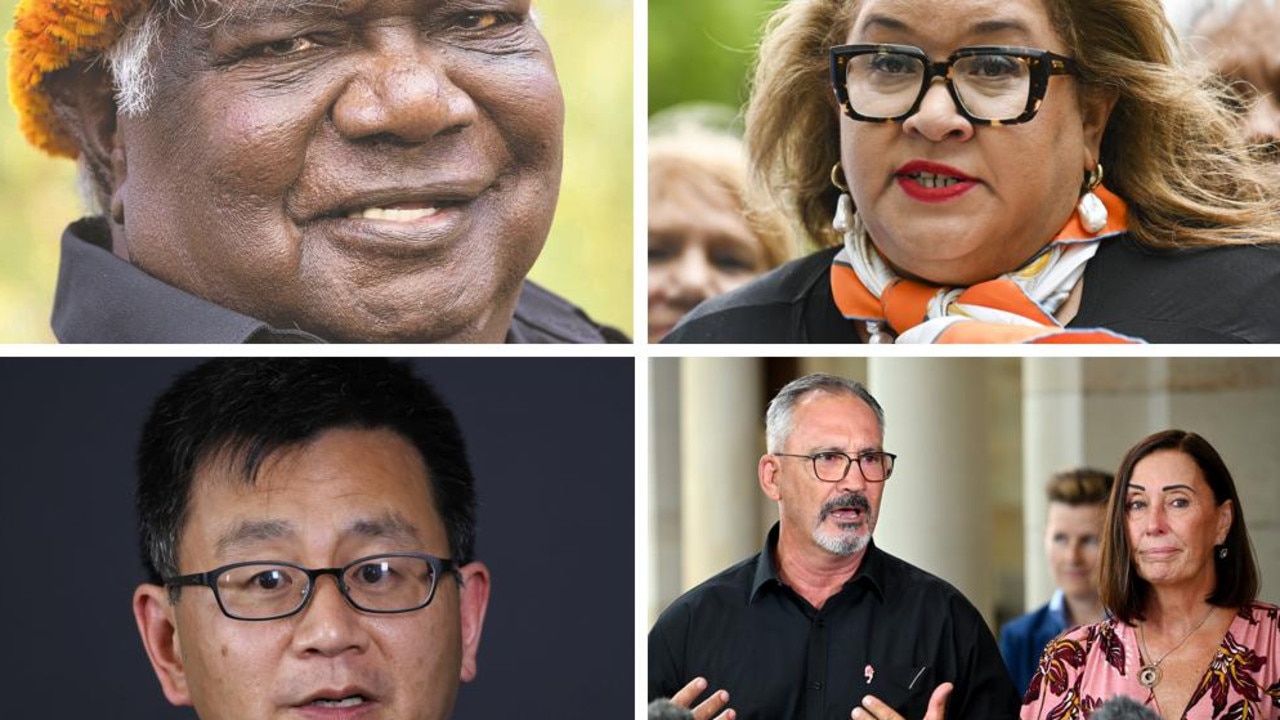Australians urged to avoid using the word ‘Boomer’ as part of push to address ageism
One state has called for an end to the use of terms like “Boomer” in a bid for Aussies to become more “sensitive” in the workplace.

One state has called for an end to the use of terms like “Boomer” and “Millennial” as part of a push for Aussies to use more “inclusive” language.
This week, the Western Australian government launched its Challenge Your Bias campaign, which is part of a $400,000 strategy to address ageism in the community.
As part of the campaign, the Cook government has released a new “guide” to the type of language Western Australians should be avoiding.
The resource, titled Embracing age diversity: A guide to inclusive language and images claims terms that separate generations, such as Boomer, Generation X, or Millennial, are “unhelpful as they create conflict between age groups and can cause unnecessary tension”.
“These generalisations are not scientifically defined, don’t have consistent names and are best avoided,” the guide states.

It also calls on people to avoid using common phrases like “You can’t teach an old dog new tricks”, “over the hill” and “50 is the new 30”.
“Many common sayings suggest that older people are incapable of learning new things or can’t participate in activities,” the guide reads.
“Continuing to learn new skills and gain knowledge, especially with other people, is beneficial for a person’s mental and physical health.”
WA Premier Roger Cook said he didn’t know he didn’t know if “Boomer” was an offensive term as he is not a part of that generation.
“But obviously it describes people who are a little bit older than me,” he told the West Australian.
“I guess what the message (the campaign is) trying to deliver is that it’s important to be sensitive about people in the workplace, that we all make sure that we’re compassionate and that we look out for each other in the workplace.”

The government says the campaign aims to highlight that judging others based off their age can affect people’s mental and physical health, cause social isolation and loneliness, and lead to financial insecurity, a reduced quality of life, and a higher likelihood of elder abuse.
WA Seniors and Ageing Minister Don Punch said Western Australians are living “longer than ever before”, with older people projected to make up one quarter of our population by 2071.
“Raising awareness of ageist attitudes and language, and being mindful of how older people are perceived, can positively influence our behaviour and attitudes towards older people,” he said.
“The aim is to rethink how ageing and older people are described and represented in the media, in organisations, and everyday life, and to consider alternatives.”
The Challenge Your Bias campaign will run across social media, television, newspaper, and radio platforms over the next three months.
The aim of the campaign is to send a message to people across the state that being mindful about the way older people are perceived in society can have a positive influence on behaviour and attitudes towards older generations.






